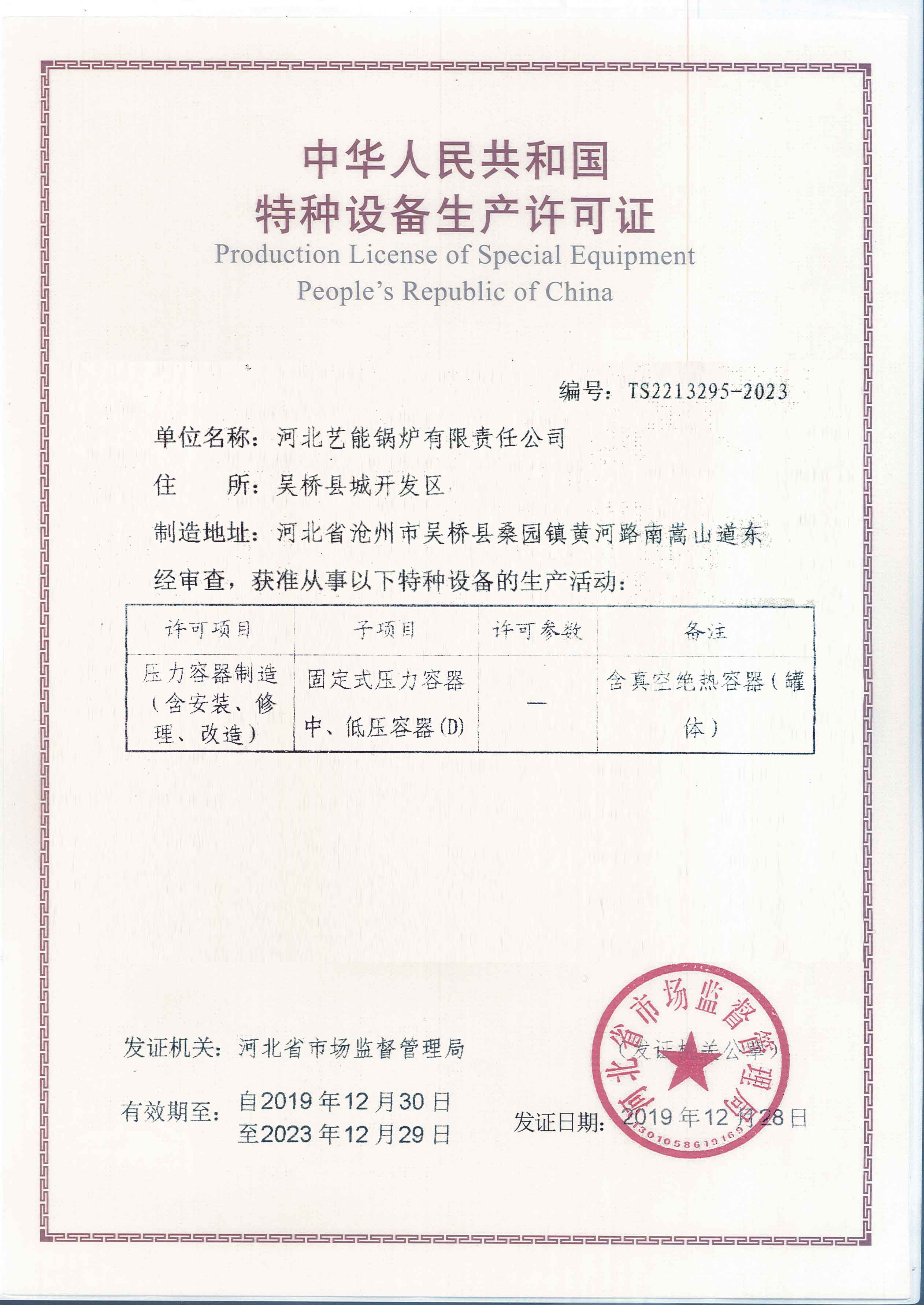Thermal Oil Boilers in the Plywood Industry for Efficient Heating Solutions
Thermal Oil Boiler for the Plywood Industry Efficient Heating Solutions
The plywood industry is a crucial segment of the manufacturing sector, known for its high-temperature drying processes and the need for effective heat management. One of the most effective solutions to meet the thermal energy demands of plywood production is the thermal oil boiler. This article explores the benefits and operational principles of thermal oil boilers, particularly in the context of the plywood industry.
What is a Thermal Oil Boiler?
A thermal oil boiler is a type of heating system that uses thermal oil (also known as heat transfer fluid) as the medium to transfer heat. Unlike traditional boilers that use water or steam, thermal oil boilers operate at relatively low pressures while achieving high temperatures—often exceeding 300°C (572°F). This characteristic makes them particularly suitable for industries that require consistent and reliable high-temperature heating, such as plywood manufacturing.
Advantages of Thermal Oil Boilers for Plywood Production
1. High Efficiency and Energy Savings Thermal oil boilers are designed to operate at high efficiency levels. They enable precise control of temperature, reducing energy consumption and operating costs. By maintaining optimal thermal conditions, they maximize energy utilization throughout plywood production.
2. Safety The low operating pressures of thermal oil systems reduce the risk of explosions or system failures compared to high-pressure steam systems. This feature is critical in industries where safety is paramount, such as in plywood production facilities.
3. Reduced Maintenance Thermal oil systems typically require less maintenance than traditional boilers. The closed-loop system minimizes the need for water treatment and reduces the occurrence of scaling or corrosion, leading to longer operational life and lower maintenance costs.
thermal oil boiler for plywood industry quotes

4. Versatility Thermal oil boilers can be designed to meet specific heating requirements, making them versatile for various manufacturing processes in the plywood industry, including veneer drying, glue curing, and board pressing. This adaptability allows manufacturers to implement a single heating solution for multiple applications.
5. Energy Integration Many modern thermal oil boilers are equipped to integrate with renewable energy sources, such as biomass or solar power. This integration can further enhance energy efficiency, reduce carbon footprint, and promote sustainable manufacturing practices.
Operational Principles
Thermal oil boilers operate on a relatively straightforward principle. They heat thermal oil using either gas, oil, or biomass as fuel. The heated oil circulates through a system of pipes, transferring heat to the required equipment or processes. The system components include an efficient heat exchanger, a pump for circulation, and a temperature control mechanism, ensuring stable and precise heating.
The ability to maintain high temperature and transfer heat efficiently makes thermal oil boilers essential in processes such as veneer drying, where excessive moisture must be removed to achieve optimal product quality. By controlling drying rates precisely, manufacturers can prevent defects, enhancing the overall quality of plywood products.
Conclusion
In conclusion, the use of thermal oil boilers in the plywood industry presents numerous advantages, including improved efficiency, enhanced safety, and versatility. As the plywood manufacturing sector continues to evolve, investing in advanced heating solutions such as thermal oil systems will be essential for meeting production demands sustainably and economically. By harnessing their capabilities, plywood manufacturers can not only improve their operational efficiency but also contribute to sustainable practices, paving the way for a greener future in the industry. As technology advances, these boilers will likely continue to play a pivotal role in enhancing productivity and supporting innovations in the plywood sector.
-
Electric Steam Boiler Manufacturers: High-Efficiency Industrial SolutionsNewsAug.27,2025
-
Leading Electric Steam Boiler Manufacturers | Efficient IndustrialNewsAug.26,2025
-
Electric Steam Boiler Manufacturers: Efficient, Reliable SolutionsNewsAug.25,2025
-
Electric Steam Boiler Manufacturers: Efficient & Reliable Industrial SolutionsNewsAug.24,2025
-
Reliable Electric Steam Boiler Manufacturers & Industrial SolutionsNewsAug.23,2025
-
Electric Steam Boiler Manufacturers: Efficient Industrial SolutionsNewsAug.21,2025

